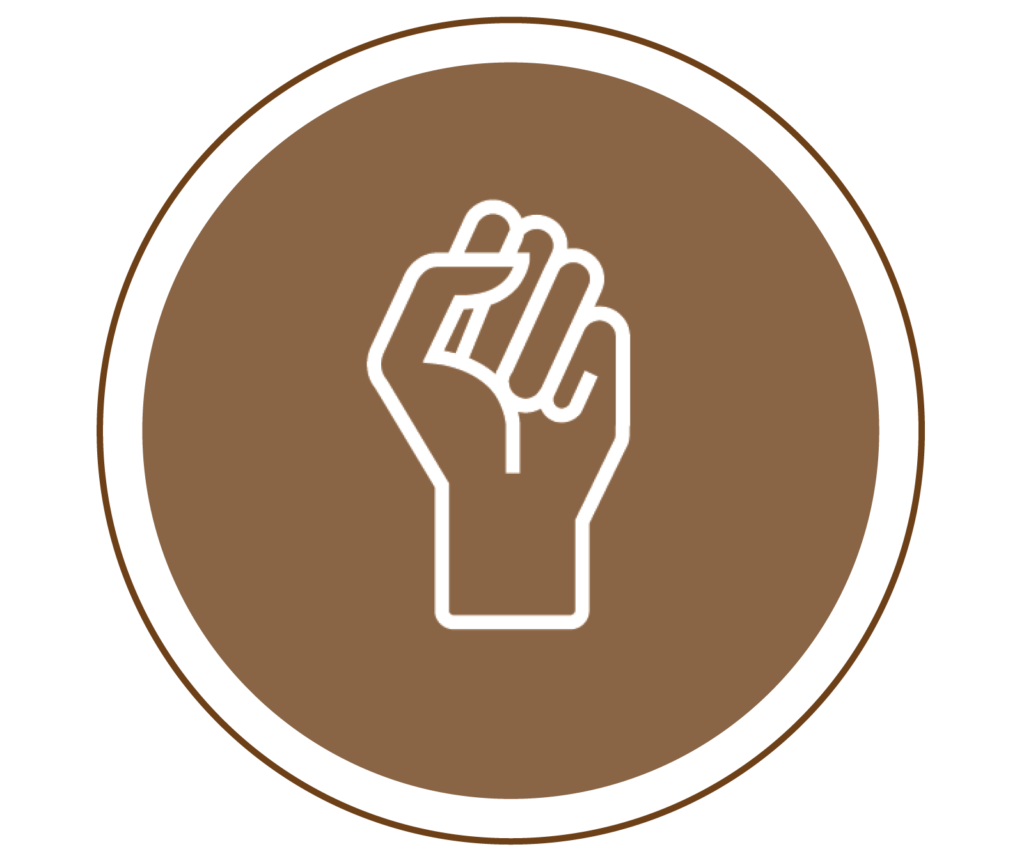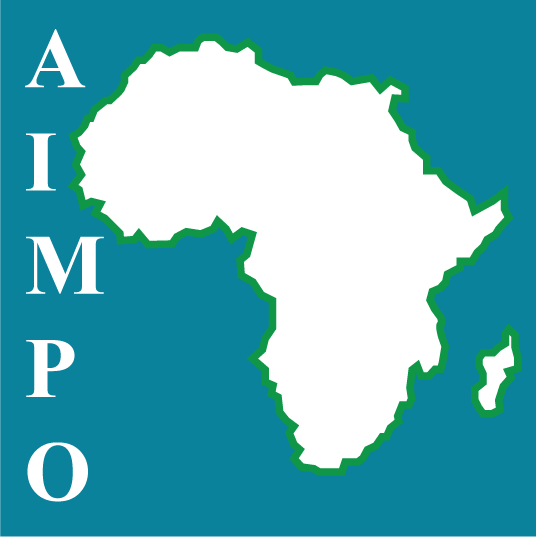Human Rights & Advocacy

As the best advocates for the people’s rights are members of the community themselves, the Human Rights and Advocacy Program intends to assist in developing the Indigenous community’s capacity to respond to human rights issues and take action to implement positive change. By educating Indigenous Batwa, officially known as Historically Marginalised People (HMP), on their rights and liberties, AIMPO aims to empower the community by including and actively involving them in the fight against their marginalisation. As such, the United Nation’s sixteenth Sustainable Development Goal (SDG) is targeted : Peace, Justice, and Strong Institutions (SDG 16).
In this regard, AIMPO addresses the Government of Rwanda (GoR) to respond adequately and urgently to the human rights violations faced by the Indigenous Batwa. By raising awareness of human rights through education, AIMPO provides the community with the knowledge and skills needed to take action, advocate against discrimination, and fight for the rights to which they are entitled.
Furthermore, AIMPO advocates for policy and public services to be consistent with the Universal Declaration of Human Rights, especially in the case of the marginalised Indigenous community. Since the beginning of the Human Rights and Advocacy program, the understanding of the Rwandan Constitution and international human rights has increased drastically within the Indigenous Batwa community. This knowledge helps them recognise the opportunities available and the instruments that can be used to improve the lives of their communities.
For example, advocates have used the Charter to 1) Realise significant improvements in the support provided to the Historically Marginalised People, including Indigenous peoples with disabilities and 2) Reduce overall discrimination against the Indigenous Batwa. By being included in this process and using their first-hand experiences with discrimination, they have played a vital role in the advocacy for their rights and improvement of the situation of the Indigenous community.
In this regard, AIMPO addresses the Government of Rwanda (GoR) to respond adequately and urgently to the human rights violations faced by the Indigenous Batwa. By raising awareness of human rights through education, AIMPO provides the community with the knowledge and skills needed to take action, advocate against discrimination, and fight for the rights to which they are entitled.
Furthermore, AIMPO advocates for policy and public services to be consistent with the Universal Declaration of Human Rights, especially in the case of the marginalised Indigenous community. Since the beginning of the Human Rights and Advocacy program, the understanding of the Rwandan Constitution and international human rights has increased drastically within the Indigenous Batwa community. This knowledge helps them recognise the opportunities available and the instruments that can be used to improve the lives of their communities.
For example, advocates have used the Charter to 1) Realise significant improvements in the support provided to the Historically Marginalised People, including Indigenous peoples with disabilities and 2) Reduce overall discrimination against the Indigenous Batwa. By being included in this process and using their first-hand experiences with discrimination, they have played a vital role in the advocacy for their rights and improvement of the situation of the Indigenous community.

